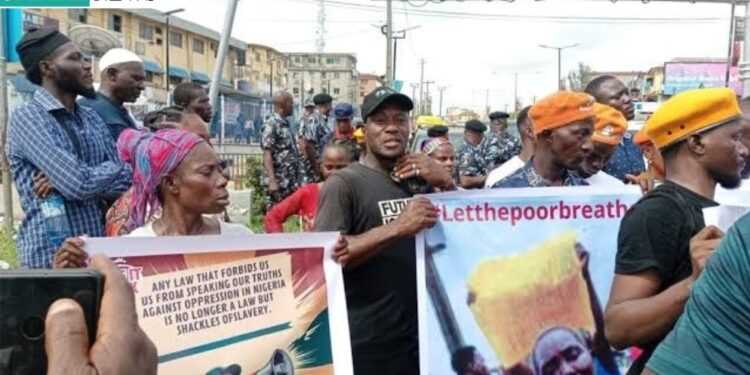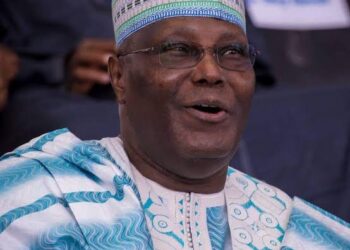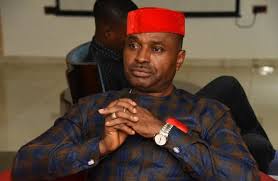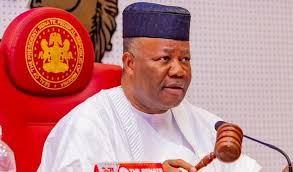On Monday, young protesters organised by the Take-It-Back Movement disregarded police orders and held
demonstrations in a number of states, including Abuja, Lagos, Oyo, and Rivers.
Police had already called on the protest organisers to call off their planned demonstration, calling the timing “ill-
conceived and mischievous.”
Under the careful eyes of police officers, the demonstrators, wearing their trademark orange berets, started their rally
in Lagos at the Ikeja Under Bridge and marched along the state capital’s main thoroughfares while chanting songs of solidarity.
The movement was previously asked to call off its planned statewide protest by the Nigeria Police Force (NPF), which
called the time “ill-conceived and mischievous.”
Omoyele Sowore, a former presidential candidate and activist, quickly responded, dismissing the police’s worries and
denying that the protest, which was set for Monday, was meant to sabotage the National Police Day celebration.
Protests for the Take-It-Back movement typically don’t include any demands. The “Take It Back” movement has been
active in planning demonstrations and voicing demands on a number of topics, including the president’s proclamation
of a state of emergency in Rivers State and the status of the Nigerian economy.
Members of Oyo’s Take-It-Back Movement protest staged a nonviolent protest in the state capital of Ibadan, with
security personnel on duty to prevent any disturbances.
However, things went wrong in Rivers State’s capital, Port Harcourt, when demonstrators at Isaac Boro Park were subjected to tear gas by police.
The teenage protesters addressed the police officers who advised them not to organise the demonstration: “Nobody can tell us where not to gather; we are Rivers people.”
You may also like: Nationwide Protests Highlight Deep Discontent Among Nigerian Youth
Police chased after the demonstrators and assaulted a few of them, including reporters covering the incident.
The demonstrators had previously told the officers that they had written to the police headquarters on April 3, 2025,
stating their intention to hold the demonstration.
One of the protesters had told reporters that the “peaceful protest” was to express their grievances to the
government. “We are not here for violence,” he had said.
The demonstrator listed some of their grievances, including the repeal of the Cybercrime Act and the suspension of Governor Siminalayi Fubara.
“As it is, we have no government. This government in Rivers State is alien to our people; it is unconstitutional. We are
here to demand that our governor come back to office and lead us appropriately. We have a social contract with the
governor and not the sole administrator. This is democracy,” he said.
In Abuja, police used tear gas to disperse demonstrators, same like in Rivers State.
Tear gas canisters were used to scatter the demonstrators, who had congregated in the Maitama neighbourhood of the country’s capital on Monday morning to voice their complaints, sending many fleeing for their lives.
The Take-It-Back Movement and other civil society organisations organised the protest, which started earlier in the
day to raise awareness of a number of national issues.
The organisers say their main worries are the alleged abuse of the Cybercrime Act, the nation’s growing economic
problems, and the state of emergency that President Bola Tinubu declared on Rivers State.
As they marched through the streets of the Federal Capital Territory, the protesters held placards with messages like “Let Us Breathe” and “Stop the Repression.”
Omoyele Sowore, a former presidential contender and human rights advocate, also showed support for the movement by attending the demonstration.
Juwon Sanyaolu, the national coordinator of the Take-It-Back Movement, said in a statement last Friday that the protest is intended to oppose the current administration’s “increasing authoritarianism” and to call for immediate assistance for Nigerians suffering from inflation and insecurity.





































